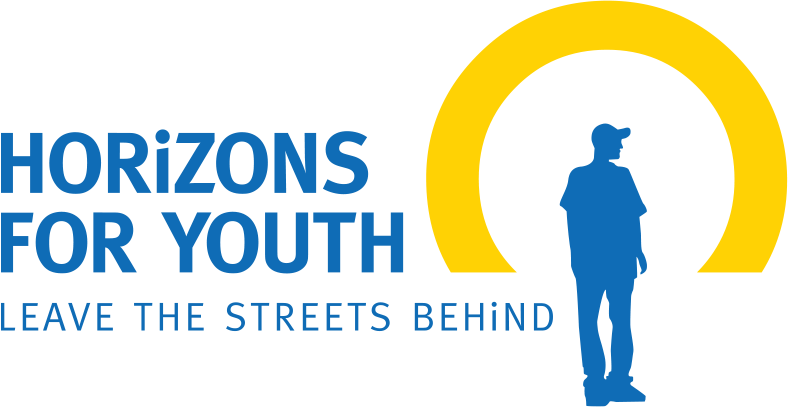Acceptance or Change? Exploring Approaches to Mental Health and Wellness
Sitting around a table at Horizons for Youth (HFY) earlier this summer, residents went around the circle and played “Rose and Thorn”, sharing one thing that was going well in their lives and one thing that they were struggling with. Roses that the youth shared included meeting new friends at the shelter, getting a pay cheque that day and feeling less depressed. Thorns included immigration status problems, slipping back into cycles of drug dependence and conflict with family members.
Horizon for Youth’s Mental Health & Wellness Counsellor, Adam Venning, uses this and other activities to begin each of his“Wellness with Adam” workshops in order to facilitate a comfortable and non-judgmental environment. In light of a 2016 study which found that 85.4% of homeless youth in Canada are experiencing a mental health crisis and 42% had attempted suicide at least once (Schwan et al, 2018) group environments like these send a message to the many HFY residents experiencing mental health challenges that they are not alone. In addition to two group wellness therapy sessions each week, residents also have access to counselling, psychiatric services and mental health assessment services.
Following introductory activities, each “Wellness with Adam” workshop is organized around a specific theme. Typical themes include stress management strategies, Cognitive Behavioural Therapy (a type of psychotherapy which targets negative patterns of thought) and career advice. This past June however, Adam led back-to-back sessions which focused on two individual’s approaches to answering the question: if I feel lost or in a crisis, what knowledge or skills can I use to handle these challenges?
The first of these sessions highlighted an action-based approach to coping with negative emotions. The youth were shown a lecture by a professor and clinical psychologist who argues that actions such as getting a job and making new relationships are necessary to combat depression. After watching this video, the group discussion turned to the idea of overcoming adversity and unfairness in one’s life through taking personal responsibility and engaging in productive behaviours that create structure and purpose.
In the following session later that week, the youth were presented with an alternative strategy designed to address depression and anxiety. They were shown another video clip featuring an author and neuroscientist who argues that through mental training and focusing on one’s immediate reality, negative emotions can be observed, untied from the triggering events that caused them, and let go. After watching this clip, Adam discussed the practices of mindfulness and meditation with the group. As such, while the first workshop presented an approach to wellness centered on making tangible changes, the second highlighted the value of accepting the present.
The youth responded to the theories presented in these sessions with both criticism and agreement. A specific critique that one of the residents brought forth was that these approaches sounded nice, but oversimplified the difficult pursuit of mental wellness. Another critique was that they came from positions of economic and social privilege, for example having the luxury of time to meditate, or not experiencing discrimination based on race, and were thus not applicable to everyone’s circumstances. During these discussions, some of the youth favoured the first workshop’s ideology of personal responsibility, while others preferred the second session’s mindfulness approach, with one youth commenting “you only have the present so you can either chose to enjoy it, be sad about the past or worry about the future.”
Through these two workshops, Adam’s objective was to encourage an approach to wellness that balances these strategies, combining a pursuit of positive changes with mental techniques that combat sadness about the past and anxiety about the future through accepting the present. He also wanted to motivate the youth to think about what strategies would work well for them and how they could adapt them into their own lives.
Ultimately, although statistics demonstrate that mental health challenges are incredibly common within the Canadian homeless youth population, workshops and conversations like these are one way in which HFY rejects a one-size-fits-all approach to support. HFY’s Mental Health & Wellness Program instead encourages residents to actively contemplate and develop approaches to wellness that are best suited for them.
Written by Angela Bain

